Why Does Blood Pressure Often Remain Near Normal In Patients With Nephrotic Syndrome
Why does blood pressure often remain near normal in patients with nephrotic syndrome. Some contributing factors are known to cause acute and episodic elevations in blood pressure such as fluid shifts and medication side effects. Nocturnal enuresis has psychological reasons only. The symptoms of lupus nephritis may include foamy urine and edemaswelling that occurs when your body has too much fluid usually in the legs feet or ankles and less often in the hands or face.
Why does blood pressure often remain near normal in patients with nephrotic syndrome. Nephrotic syndrome develops when there is damage to the filtering part of the kidneys glomerulus. Two types of blood pressure lowering medications angiotensin-converting enzyme ACE inhibitors and angiotensin receptor blockers ARBs have proven effective in slowing the progression of kidney disease by reducing the pressure inside.
Blood pressure may remain. Some children with childhood nephrotic syndrome develop high blood pressure and may need to take additional medications to lower their blood pressure. Massive amounts of fluid are lost from the body with polyuria.
Tubules do not respond to ADH and aldosterone. This damage allows proteins in the blood such as albumin to leak into the urine causing increased excretion of protein proteinuria see Patient education. Kidney problems often start at the same time or shortly after lupus symptoms.
Why does blood pressure often remain near normal in patients with nephrotic syndrome. Why does blood pressure often remain near normal in patients with nephrotic syndrome. When you have too much cholesterol in your blood clumps form inside your veins and arteries which can cause a heart attack or a stroke.
Hypoproteinemia results in significant fluid shift to the interstitial compartment. A low blood level of albumin is a main feature of nephrotic syndrome. The most common primary cause of nephrotic syndrome in adults is a disease called focal segmental glomerulosclerosis FSGS.
Asked by Wiki User. Higher risk of infection caused by the loss of immunoglobulins proteins in your blood that help fight viruses and bacteria.
A high blood level of cholesterol and other fats lipids.
Renin and aldosterone are no longer secreted. Nephrotic syndrome develops when there is damage to the filtering part of the kidneys glomerulus. This damage allows proteins in the blood such as albumin to leak into the urine causing increased excretion of protein proteinuria see Patient education. Two types of blood pressure-lowering medications angiotensin-converting enzyme inhibitors and angiotensin receptor blockers have the additional benefit of slowing the progression of kidney disease. The most common primary cause of nephrotic syndrome in adults is a disease called focal segmental glomerulosclerosis FSGS. A high blood level of cholesterol and other fats lipids. Hypoproteinemia results in significant fluid shift to the interstitial compartment. The symptoms of lupus nephritis may include foamy urine and edemaswelling that occurs when your body has too much fluid usually in the legs feet or ankles and less often in the hands or face. Massive amounts of fluid are lost from the body with polyuria.
The most common primary cause of nephrotic syndrome in adults is a disease called focal segmental glomerulosclerosis FSGS. Medications that lower blood pressure can also significantly slow the progression of kidney disease causing nephrotic syndrome. You may also develop high blood pressure. Nocturnal enuresis has psychological reasons only. Hypoproteinemia results in significant fluid shift to the interstitial compartment. Two types of blood pressure lowering medications angiotensin-converting enzyme ACE inhibitors and angiotensin receptor blockers ARBs have proven effective in slowing the progression of kidney disease by reducing the pressure inside. Blood pressure may remain.
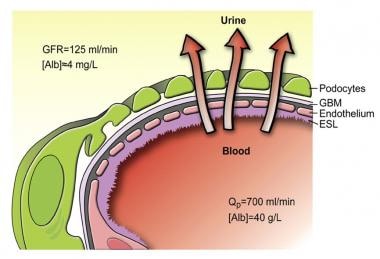

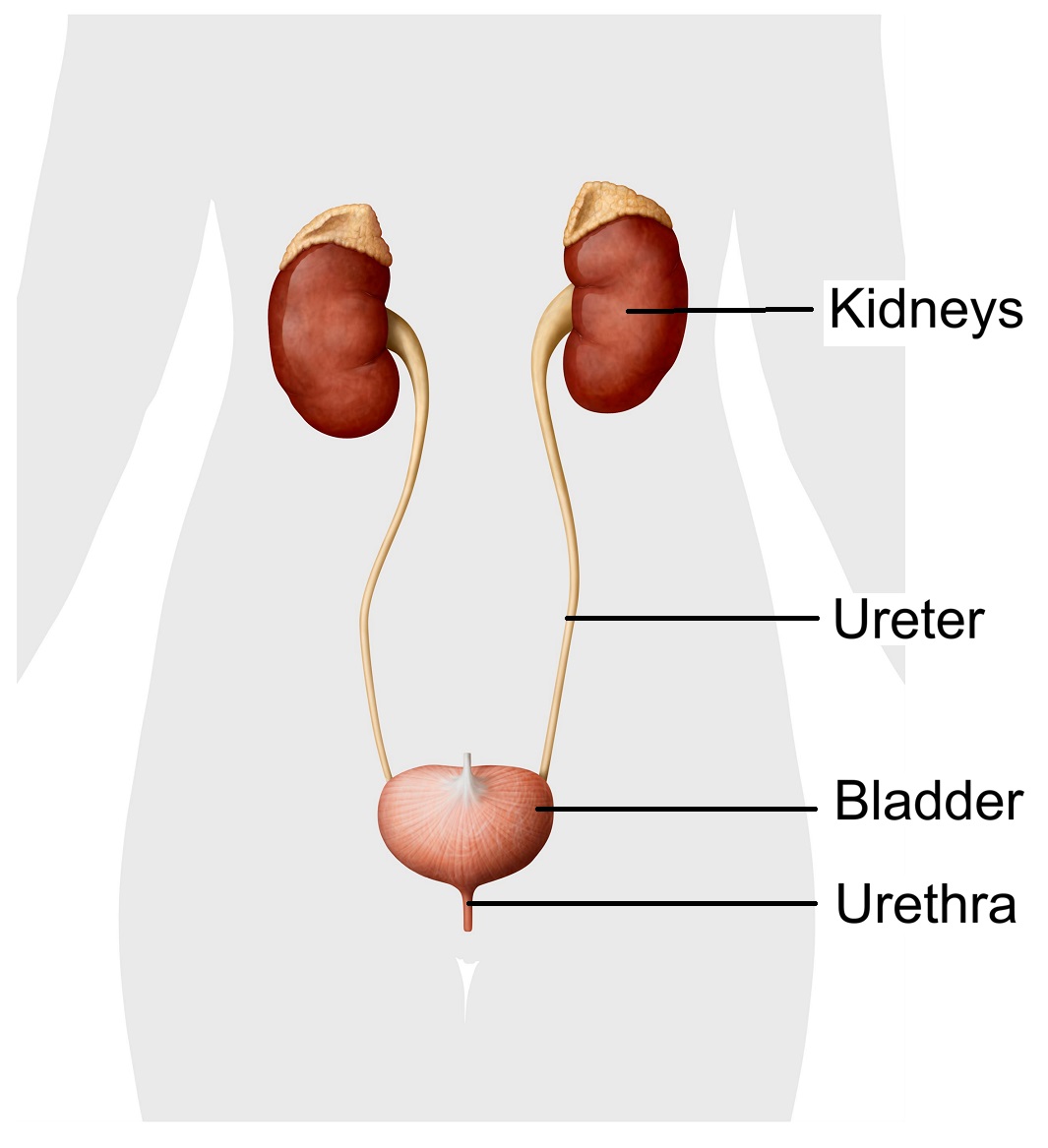
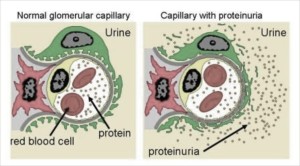

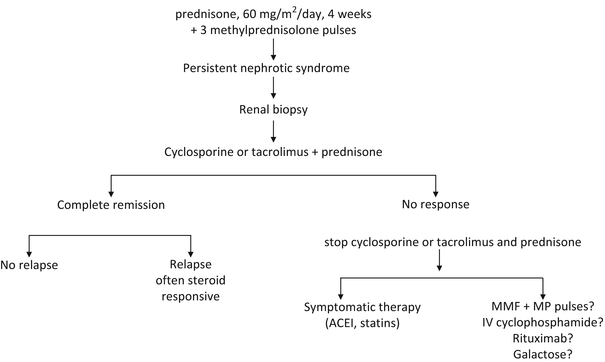

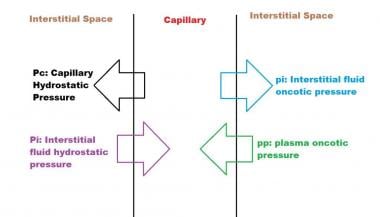

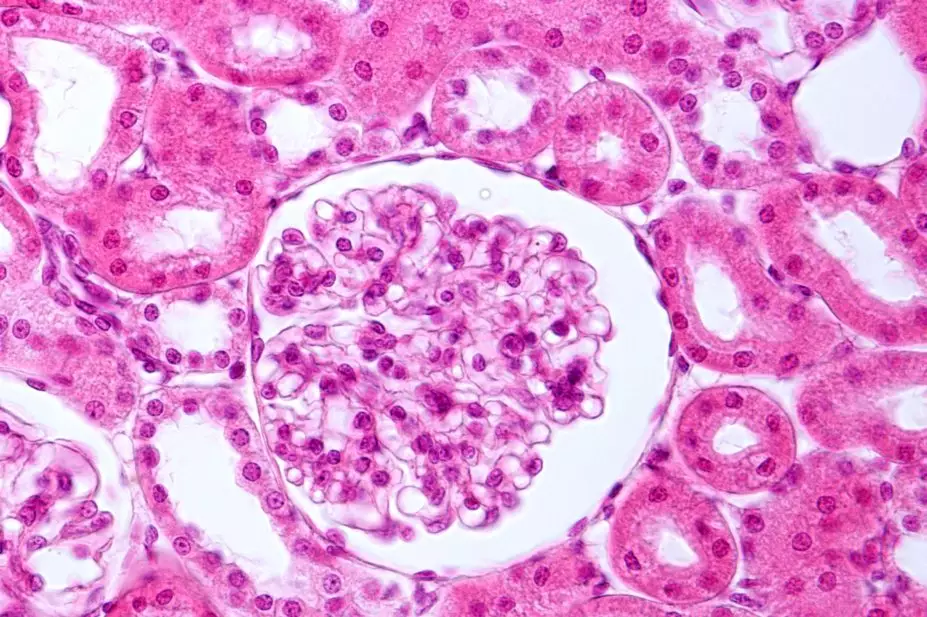
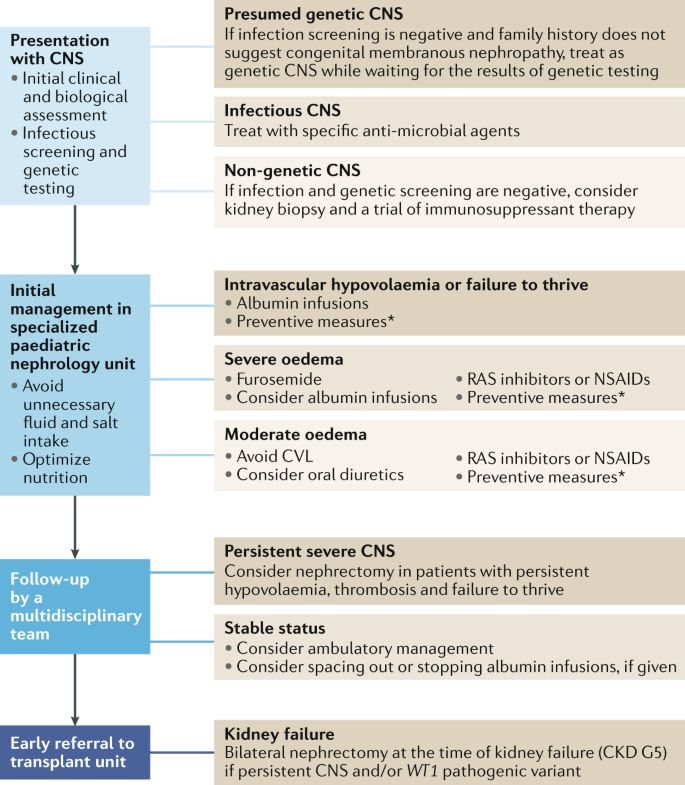


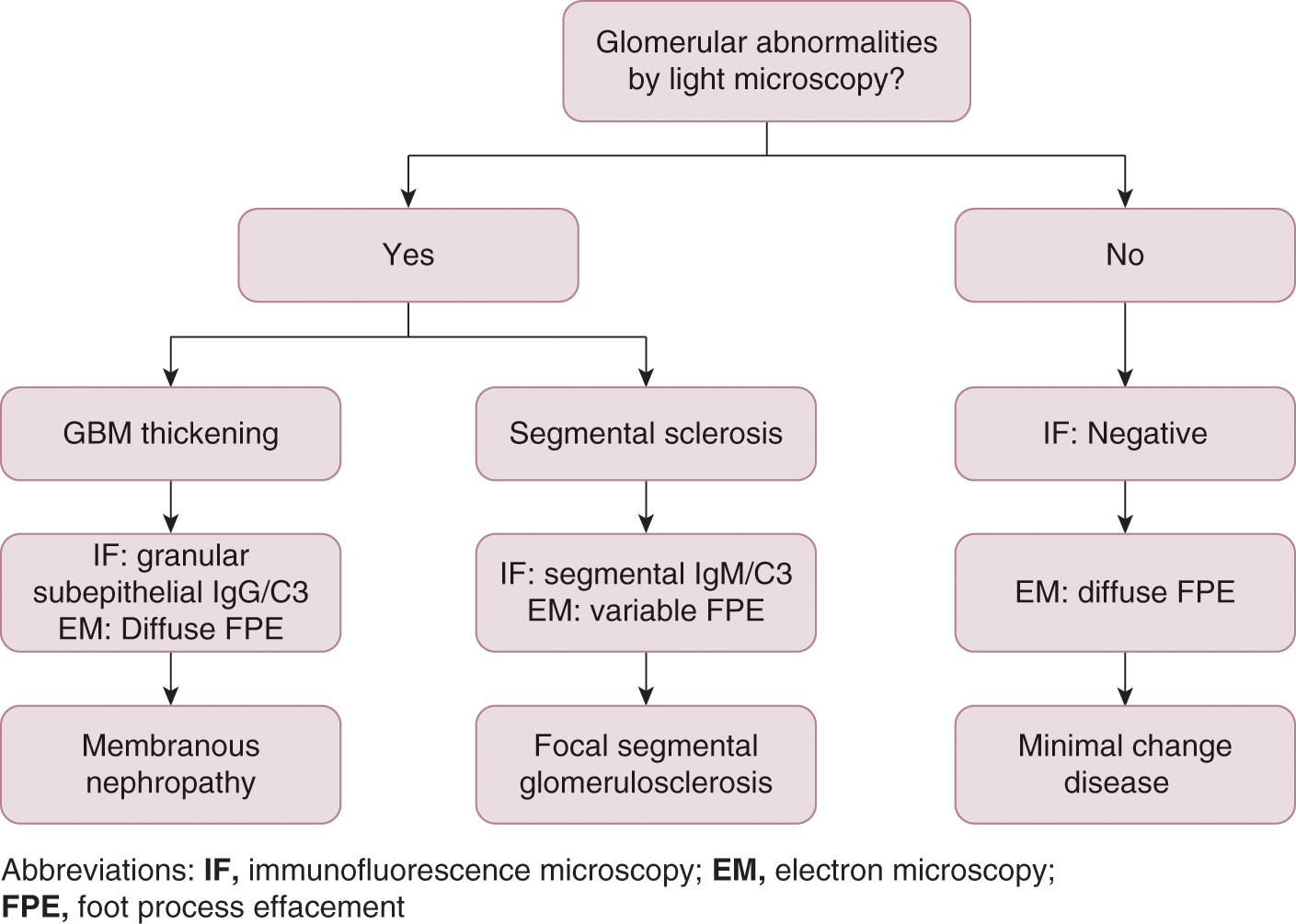

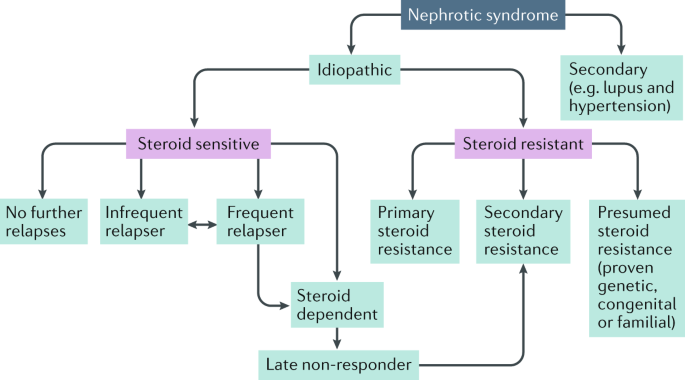

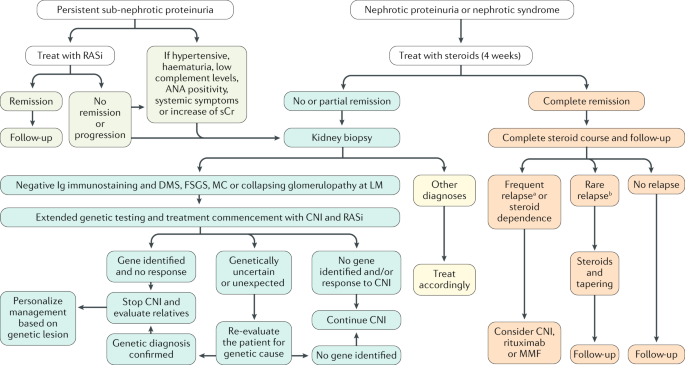


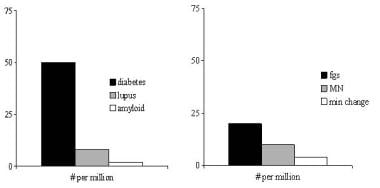

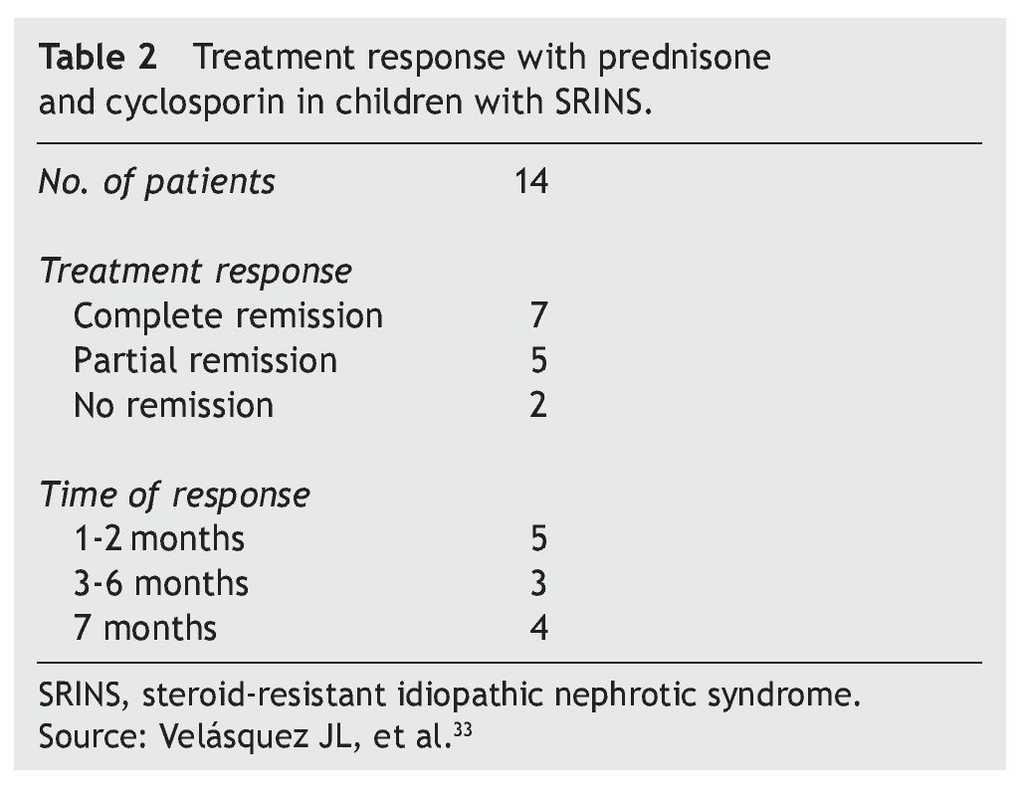



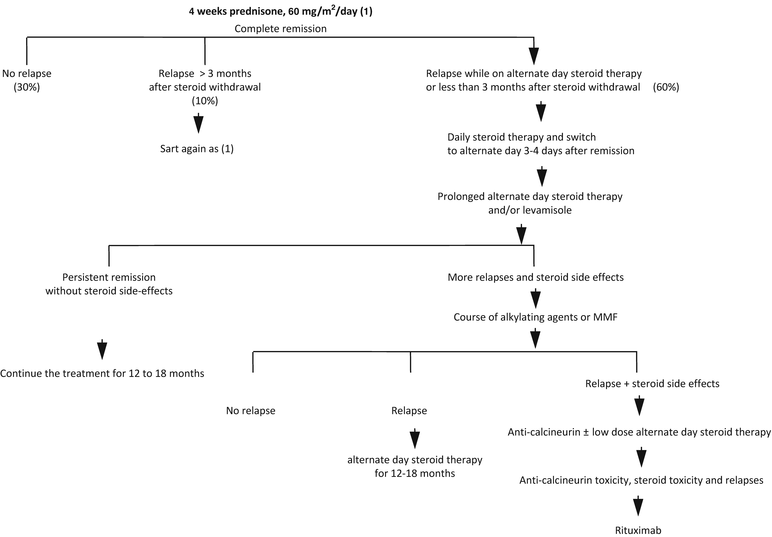
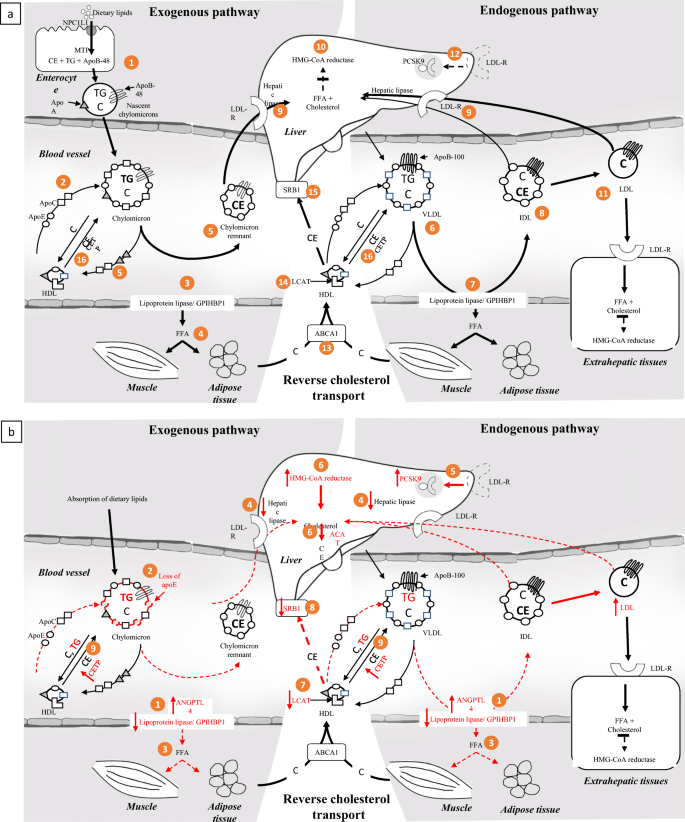




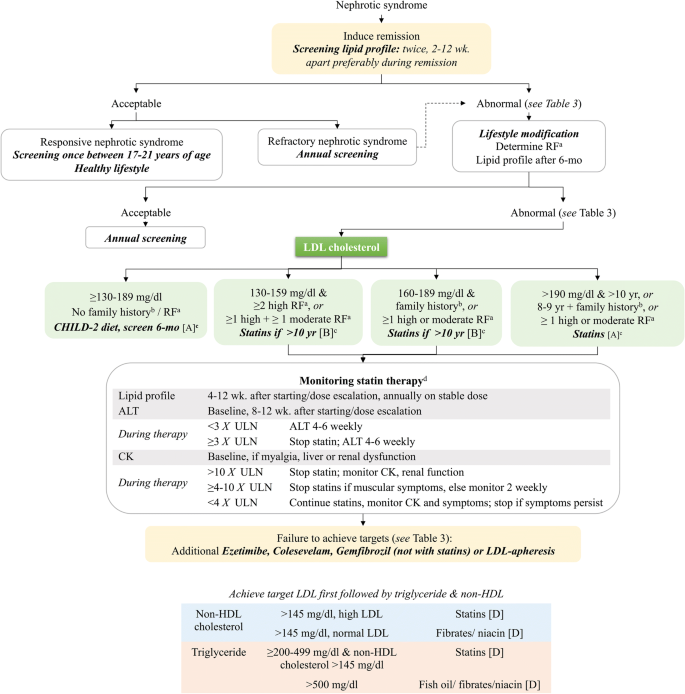











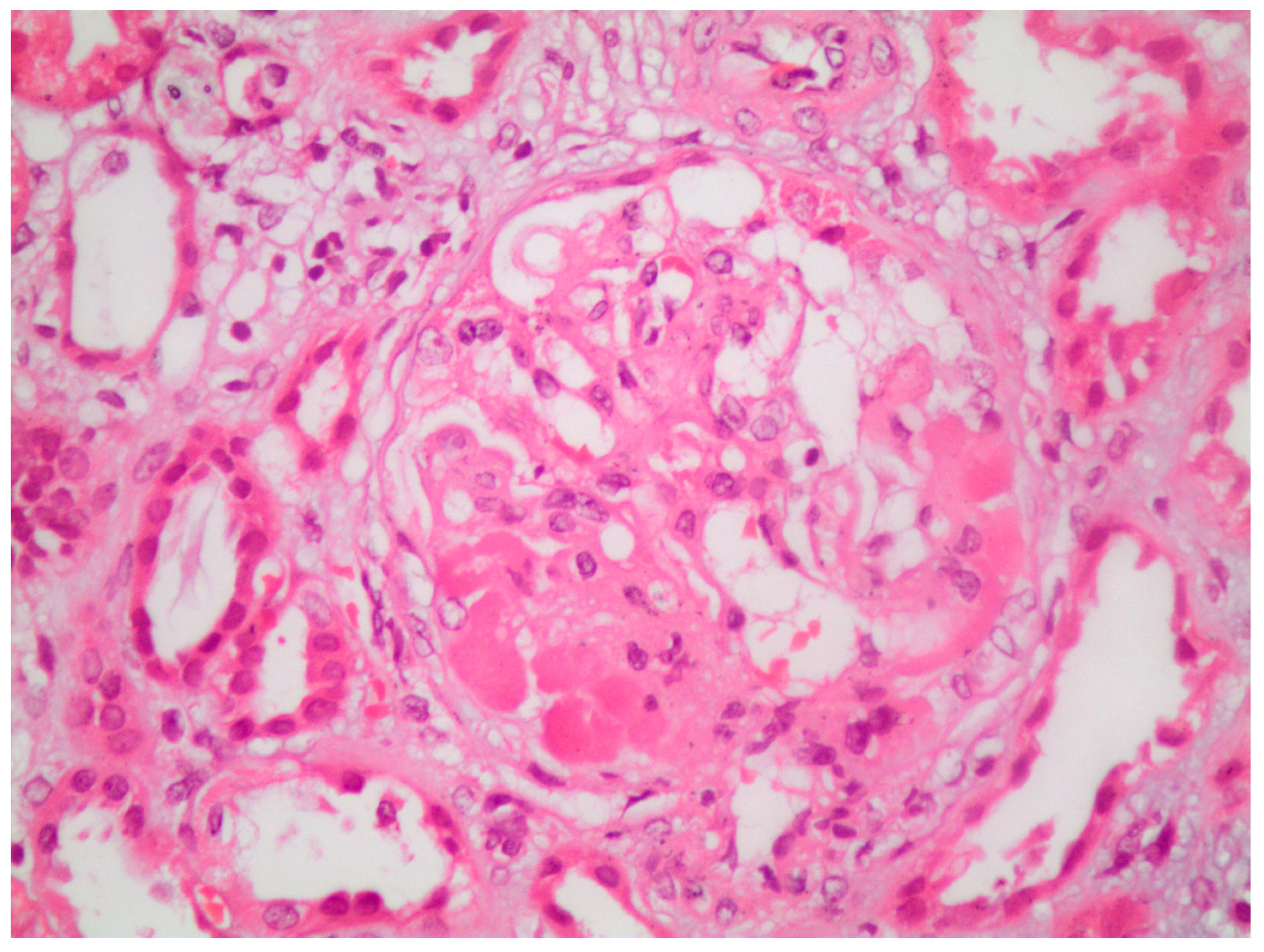
Post a Comment for "Why Does Blood Pressure Often Remain Near Normal In Patients With Nephrotic Syndrome"